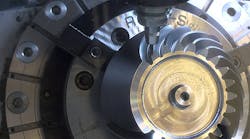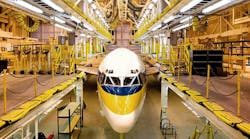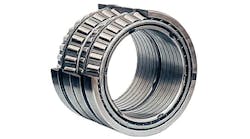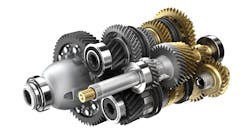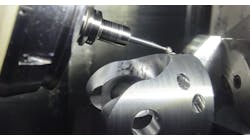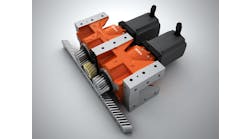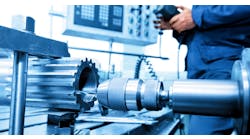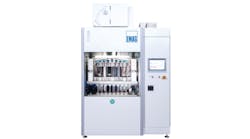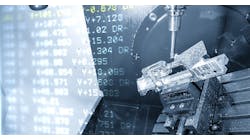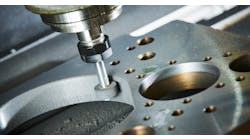The Timken Company is opening of a new gear drive manufacturing plant in Houston, aiming to improve production efficiency for its Philadelphia Gear brand high-speed drives. The Timken Power Systems division manufactures industrial powertrain components and systems for OEMs supplying the power-generation and oil-and-gas industries.
While Timken has been actively supplying drives and components to the energy industry before now, it indicated the new, 27,000-sq.-ft. plant would help it to achieve “strategic opportunities” with new and continuing OEM customers. Though low oil prices represent a near-term challenge, a Timken executive allowed, the company expects sales for new high-speed gear drives to continue to grow in the coming years.
"This investment represents our commitment to meet the growing demands of our energy-market customers," stated Carl Rapp, vice president of Timken Power Systems.
"The new facility will be able to supply customers in the power generation, oil-and-gas, refining and pumping industries with reliable, high-speed gearboxes to keep their pumps, compressors and generators running in some of the most challenging operating environments in the world,” he added.
The new plant includes two new, five-axis machines with gear milling technology, rather than the more standard hobbing process. The machines perform up to six different operations for producing helical gears, shafts, and pinions from raw material, potentially cutting weeks from customers’ production cycles.
"The gear milling process, for example, can reduce pure machine time of a standard-sized gear from 110 hours to 25 hours," explained Boyd Swearingen, general manager of the new facility.
Milled gear teeth are finish-ground on a Hofler form grinder to achieve AGMA 14 quality.
In addition, each gearbox undergoes a full-speed, no-load spin test to measure sound levels, temperatures and vibration.
Swearingen noted the new plant includes a gear shop and incorporates ergonomic safeguards in the assembly area. "It's a very clean plant, not what you typically think of as a gear shop," he said. "In addition to the machinery being totally enclosed and EPA-compliant, all the electrical and plumbing are buried within the foundation to remove hazards and enhance the aesthetics of the facility."
